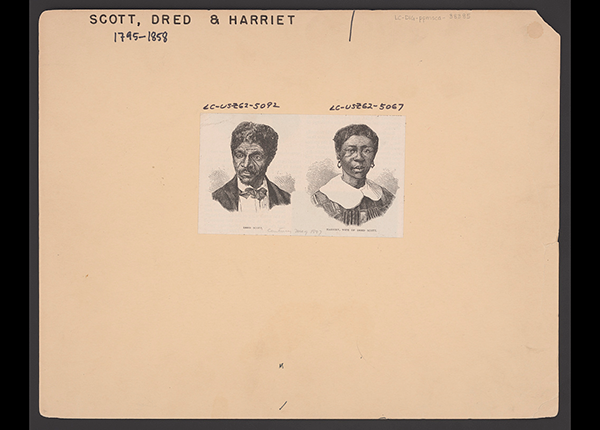Summary
Dred Scott, an enslaved man who was taken by his enslaver into a free state and also to free federal territory, sued for freedom for himself and his family based on his stay in free territory. The Court refused to permit Scott constitutional protections and rights because he was not a citizen. Therefore, he did not have the right to sue because the relevant constitutional provision granted federal courts jurisdiction only between “citizens” of different states. The Court also held that the federal Missouri Compromise abolishing slavery in the Upper Louisiana Territory was in fact unconstitutional because the enslaver’s property rights in the enslaved person were violated. This holding pushed back efforts for the abolition of slavery and created a standard that African Americans were not American citizens, confirming that they had no constitutional protections or rights.






